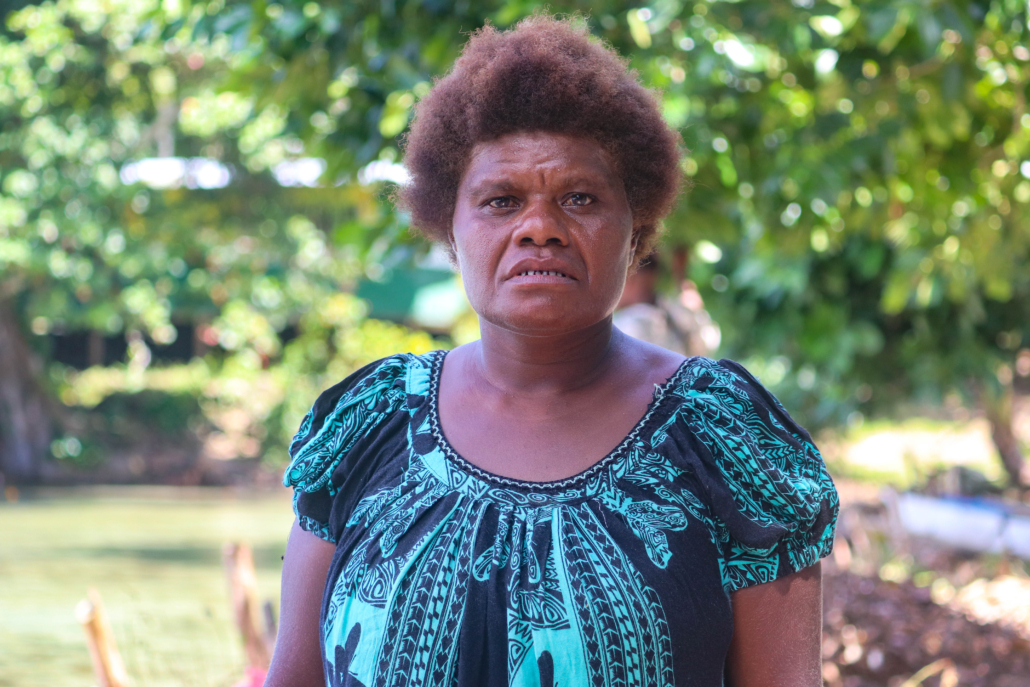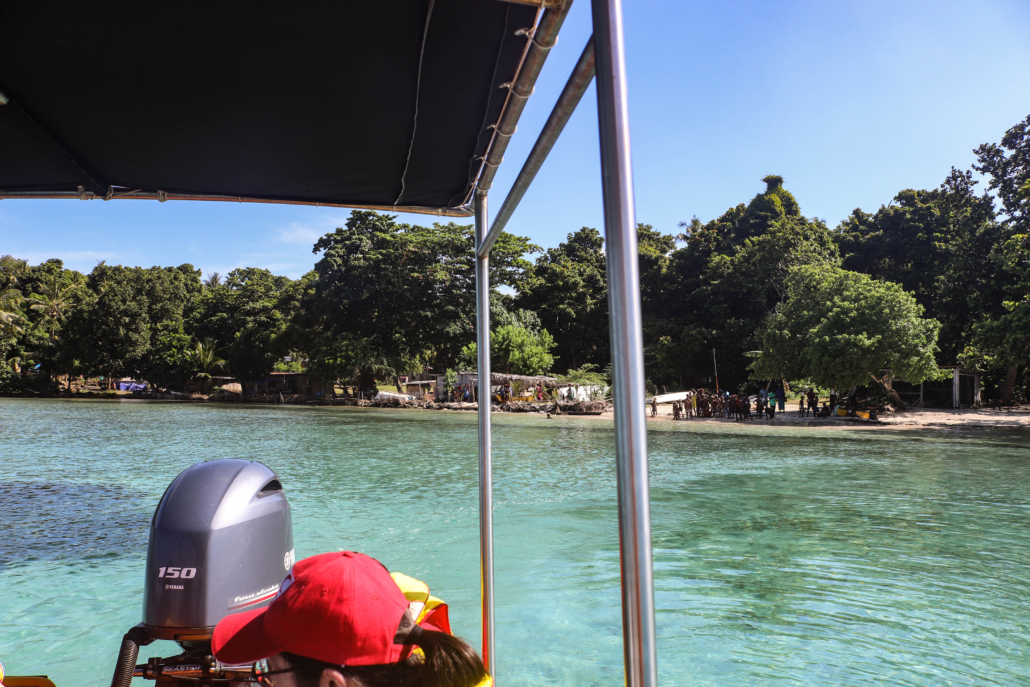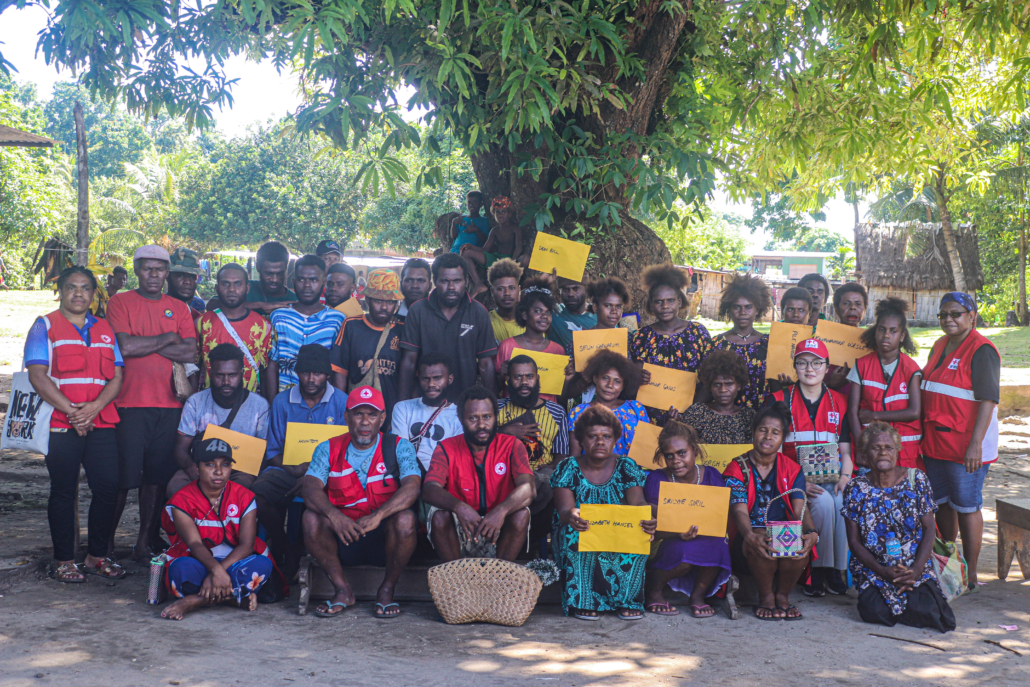Mother of 6 Uses Health and First Aid Skills to Help Community
“I told the man to lay the baby down, checked the pulse, and started CPR,” Elizabeth recalls. “After two rounds of chest compressions, the baby regained consciousness and spat out all the water. I advised the mother to take the child to the health center for observation. Today, the baby is alive and well.”

In the small Mualim Island in the Duke of York Islands in East New Britain, Elizabeth Hensel, a mother of six, is putting her community-based Health and First aid skills to use to save lives and promote safety in her community. Her story is one of hope and survival, and how her small island community is adapting to the devastating impacts of climate change.
Elizabeth recently participated in a Health and Community-Based First Aid (CBHFA) training conducted by the Papua New Guinea Red Cross Society (PNG Red Cross) under the PNG Locally Led Climate Action Project funded by the Japanese Red Cross Society through the International Federation of Red Cross and Red Crescent Societies (IFRC) PNG Delegation. This training did not just equip her with skills—it has empowered her to save lives and promote health and safety in her Island village. Elizabeth is one of thirty-seven participants who recently underwent the training.
Elizabeth Saves a 1-Year-Old Boy
The Papua New Guinea Red Cross, with support from the International Federation of Red Cross and Red Crescent Societies (IFRC), is carrying out the PNG Locally Led Climate Action Project across four provinces in Papua New Guinea. This project aims to address climate change and promote community-based disaster risk reduction activities. It also focuses on various activities to empower women and youths on gender equity, food security and environment sustainability

The community daily feels the impacts of climate change. Families in the Island now pay K10 monthly to rent land on the main island for backyard gardening, as their own land size decreases making no space for planting food crops. Children risk their lives canoeing to school on neighboring islands, battling rising tides and unpredictable weather.
“When the sea levels rise, it becomes harder and riskier for our children to commute,” Elizabeth says. “We are trapped between the sea and the sky.”
Promoting community Health and Safety
Elizabeth’s Health and first aid skills have made her an advocate in her island community motivated by struggles of the past. She now educates other mothers on the importance of never leaving children unattended.
“Before we received the training, we lost three babies while trying to refer them to the nearest hospital,” she shares. “It takes 45 minutes by dinghy or 1-2 hours by canoe. Now, we can save lives immediately. We regret not having this knowledge sooner.”
The training also covered childbirth, a critical skill in a community where 2-3 babies are born each month. “Before, mothers would struggle to deliver babies as the nearest health center is on another nearby island,” Elizabeth explains. “Now, we have the knowledge to help deliver babies safely here if we are not able to go to the health center on time.”
Elizabeth’s story is a powerful reminder of the importance of locally led climate adaptation and building resilience in isolated communities. “We would like to undergo similar trainings in the future, especially on climate change and PGI,” she says. “Refresher trainings would also help us retain and expand on what we have learned.”

